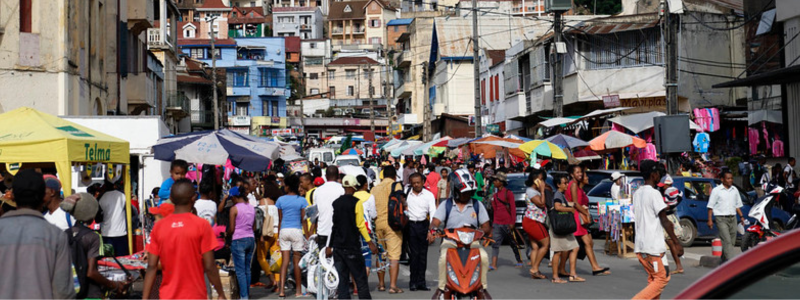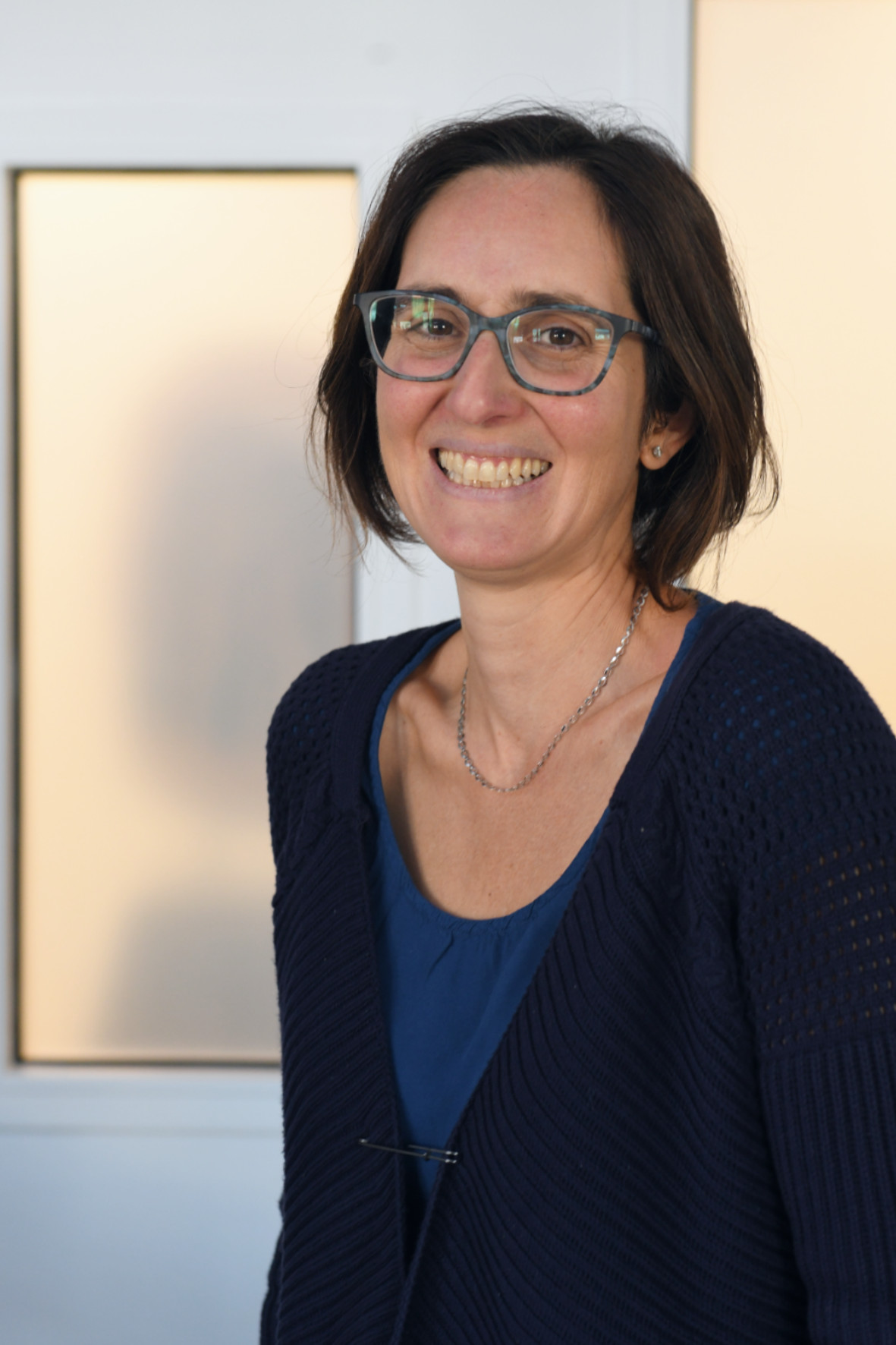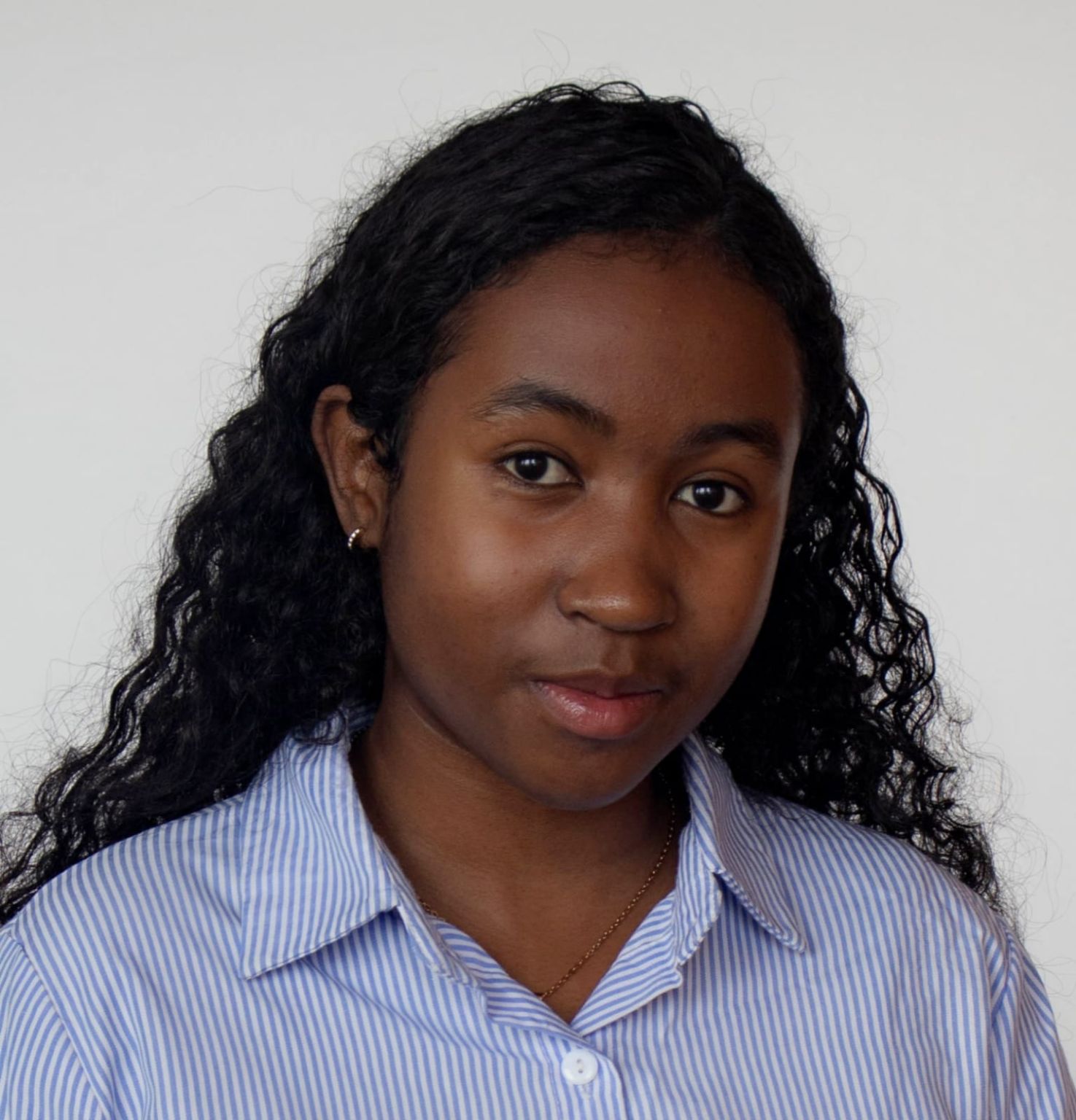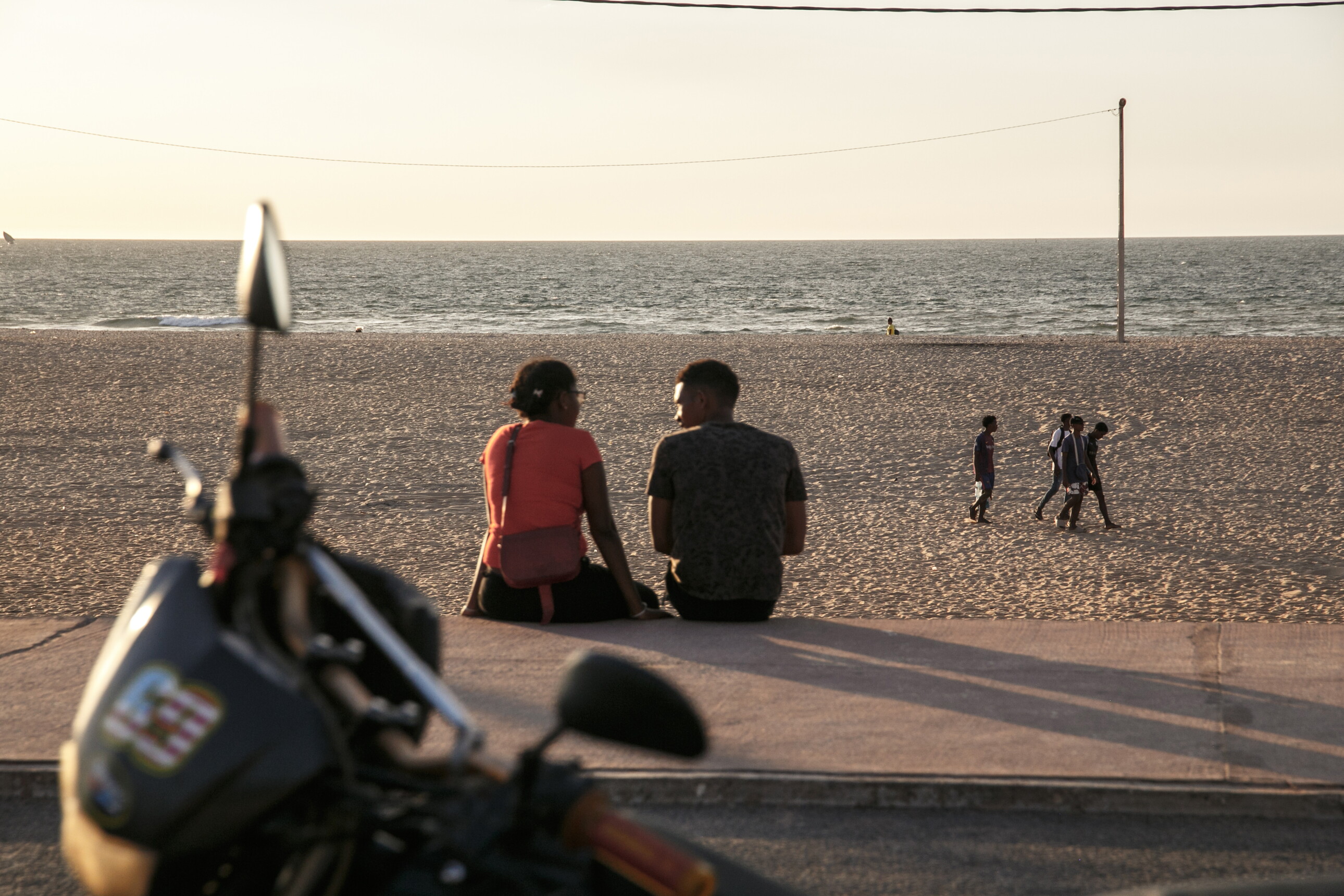Corruption and Sexual Transactions in secondary schools in Madagascar

Photo: Antananarivo. Madagascar. Photo Marcel Crozet / ILO.
Corruption and Sexual Transactions in the Educational Environment in Madagascar
The project
Francesca Marchetta leads a research project on Corruption and Sexual Transactions in secondary schools in Madagascar. This project investigates this issue in the context of persistent gender inequalities and gender-based violence, notably in the education sector. The main objective of this study is to examine two key questions:
- What is the prevalence of transactional sexual relationships and sexual corruption in Malagasy high schools and universities?
- How can innovative indirect survey methods reduce bias in surveys on these sensitive topics?
These questions are of crucial importance in a country like Madagascar, where sexual violence and gender inequalities persist. According to the Demographic and Health Survey conducted in 2021, 17% of young women in Madagascar accepted gifts or money in exchange for sexual relations during the previous year, while 46% of men reported having paid for sexual services at least once in their lives. A survey by Transparency International - Madagascar Initiative also reveals that 62% of respondents acknowledge the existence of sexual corruption in educational institutions.
The team

Francesca Marchetta
Cerdi, UCA

Yannick Malalanirina
Cerdi, UCA

Hugues Champeaux
Università degli Studi di Cagliari
The objectives of the project

Photo : On the beach, Mahajanga, Madagascar © IRD - DIDEM - Rijasolo
Initial results and next steps
A first field visit to Antananarivo was conducted in February and March 2024. The Université Clermont Auvergne’s Emergence program, the I-Site Clermont label for innovative research projects, funded the stay. The testimonies of young women and men, collected through qualitative interviews during this mission, allowed the team to address the phenomenon of transactional sexuality in order to better understand its underlying mechanisms, identify target populations, and provide an analytical framework for the rest of the study. The team also made contact with local actors.
The second stage of the research will involve the implementation of a quantitative survey among young Malagasy high school and university students to assess the prevalence of transactional sexuality in Madagascar. Given the sensitive nature of the matter, the team will use indirect questioning methods to minimize biases related to socially desirable responses, often observed in direct surveys on sexual behaviors. This quantitative survey is planned for autumn 2024.
Through an innovative methodology and close collaboration with local actors, this study aims to provide policymakers with reliable data and concrete recommendations to protect younger generations and promote gender equality in the Malagasy education system.


